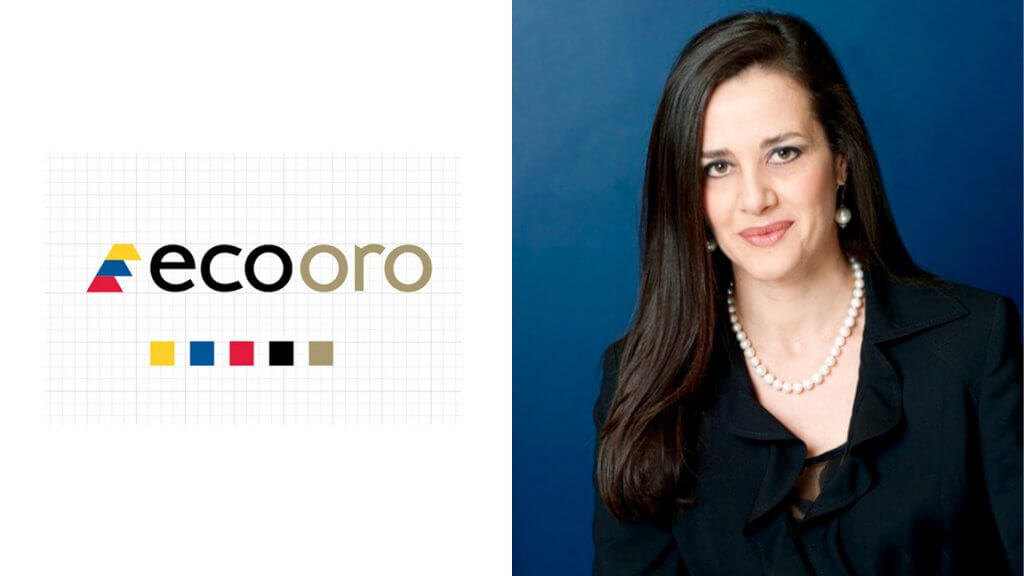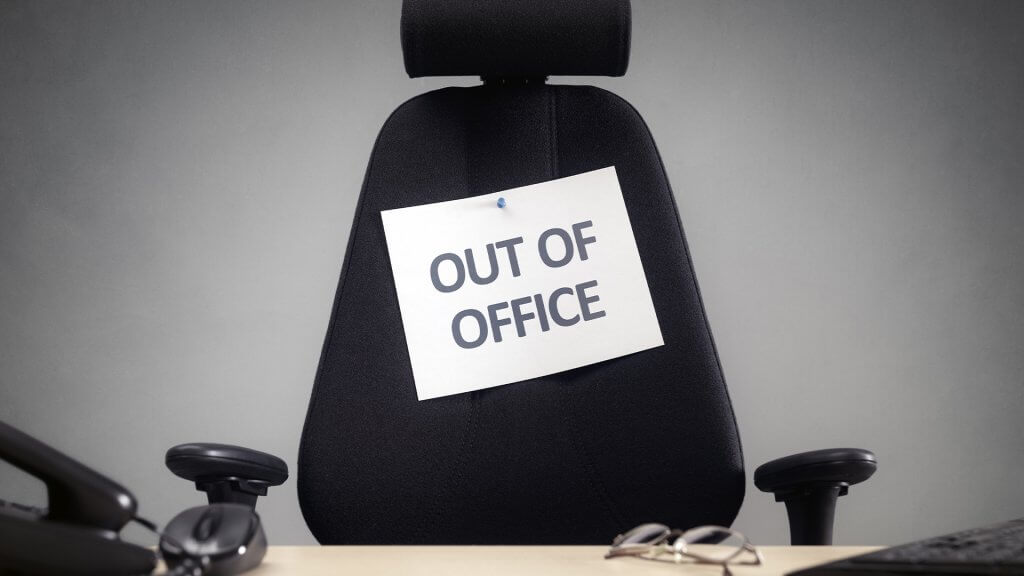
In recent years it has become expected that companies will reflect the diversity of the world we live in. Not operating with diversity equity and inclusion puts you at a trading disadvantage as stakeholders and potential partners look for businesses which can demonstrate their commitment to this. However, as a senior leader in a large firm recently pointed out, there has been an unsettling trend of “over-correcting” in the DEI space, particularly in larger organisations. This overcorrection manifests itself by only focusing on a narrow part of diversity and not enough focus on equity and inclusion. He said the main focus has been on window dressing by focusing predominantly on visible diversity. This has meant that neurodiversity, invisible disability, social mobility and age are often sidelined. This creates a missed opportunity for general progress.
DEI is not a new phenomenon, it hails from the civil rights movement in the US in the 1960s which saw changes to employment law and affirmative action which in some cases saw businesses in the US taken to court by employees for not being diverse and inclusive enough. The intense interest in it was reignited after the societal and cultural shift we saw during the 2020 Black Lives Matter and #metoo movement. This meant that businesses had to address their own DEI shortcomings. The leaders we have spoken to say that the realisation of being “behind” in terms of diversity sparked an immediate reaction and the fear of the impact on both their reputation and profitability, meant they implemented DEI initiatives without much thought and with quick fixes. In the short term this signalled compliance to their clients, peers, and the public. However, in the long term, it has resulted in overcorrection and that has led to DEI fatigue within organisations.
The problem with over-correction is that instead of fostering genuine inclusion and long-term diversity, companies fall into the trap of tokenism and superficial action which doesn’t address the root problems. The most significant concern is that this overcorrection leads to what can be described as “window dressing.” Companies, eager to show their commitment to DEI, focus disproportionately on the most obvious forms of diversity. This can result in hiring people from underrepresented racial or gender groups but failing to provide the necessary support, policies, or cultural changes that would create a truly inclusive environment. Organisations need to align their diversity, equity and inclusivity values with their company culture. If you implement a DEI strategy into a toxic culture, it will fail. With leadership blinkered to this and superficial compliance happening in businesses, it is no surprise that we are seeing DEI fatigue.
DEI fatigue is a troubling consequence of a mismanaged approach to DEI. Without the necessary expertise and strategy, HR departments and leadership teams often lack the depth of understanding needed to implement effective DEI programs. As a result, these efforts can become short-lived campaigns that ultimately generate more harm than good. Employees, especially those from marginalised groups, can see their company’s DEI initiatives as hollow gestures. This is demoralising and ultimately affects productivity. DEI fatigue also affects the wider workforce as companies focus too much on meeting external expectations without addressing the internal culture of their business. This risks resentment or disengagement among their employees. Staff may become cynical about the effectiveness of DEI programmes. It can manifest in employees being less willing to participate in DEI initiatives which reduces their impact and increases tension and division within the workplace.
Another leader I have spoken to recently explained the impact DEI is having on their hiring processes. A senior female leader told me that because of DEI she has felt pressure in hiring talent and has found herself hiring the 3rd best candidate for the role because that person fits the DEI specifications. She says this is setting up diverse talent for failure. Ultimately fixing DEI fatigue is a big job and starts with the hiring process. Forward-thinking organisations are moving beyond the data. They want to see solutions and a clear way forward. We need to offer support and positivity surrounding the future of DEI. We need to change the hiring process. It is no good to dismiss people for a role because you don’t see them in the pub after work or on the golf course. Leaders need to widen their circle and create a more diverse talent pool to choose from when they do need to make a hire.
Traditional recruitment is out. There should be less pressure on a traditional hiring process which crowbars in DEI. Building networks differently is key. Part of what we do at Diverse Talent Networks is to connect senior leaders and talent that would never be on each other’s radars and we do this by connecting people before there is a physical job role to be filled. We steer clear of traditional networking events and we look at helping senior leaders block out time each month to focus on remote networking in talent pools they wouldn’t normally have access to. We know that many people can’t make traditional networking events and times due to family, religious and other commitments. This means that a huge chunk of talent is hidden. Finding that talent and working out how to connect will move DEI forward and stop the fatigue. DEI should be seen as an ongoing journey rather than a quick fix. Companies that invest the time, resources, and expertise necessary to develop comprehensive DEI strategies will be better positioned to create inclusive workplaces that genuinely reflect the diversity of the world.
This article is written by Lee Higgins who is the founder of Diverse Talent Networks. He set DTN up after 23 years in recruitment and executive search which saw him overseeing over 900 projects globally in M&A, private equity, asset & wealth management, energy and consulting. Lee set up DTN to help organisations engage talent from all backgrounds through the power of networking. Lee endeavours to create a future where talent wins.




















